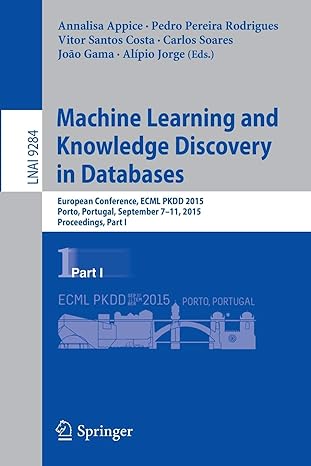Answered step by step
Verified Expert Solution
Question
1 Approved Answer
Consider an encryption scheme ( K , E , D ) , with E : { 0 , 1 } n { 0 , 1
Consider an encryption scheme with : which is CCAsecure
Now, let the new cipher be defined as follows:
if and otherwise.
a Show that provides CCAsecurity even if the adversary finds out as long as he does not know
b Show that, on the other hand, if the adversary learns then is not CCAsecure even if the
adversary does not know
c Show how to make a new cipher out of with the key which would be CCAsecure even
when the adversary knows one of the two keys, as long as the other key stays secret.

Step by Step Solution
There are 3 Steps involved in it
Step: 1

Get Instant Access to Expert-Tailored Solutions
See step-by-step solutions with expert insights and AI powered tools for academic success
Step: 2

Step: 3

Ace Your Homework with AI
Get the answers you need in no time with our AI-driven, step-by-step assistance
Get Started


